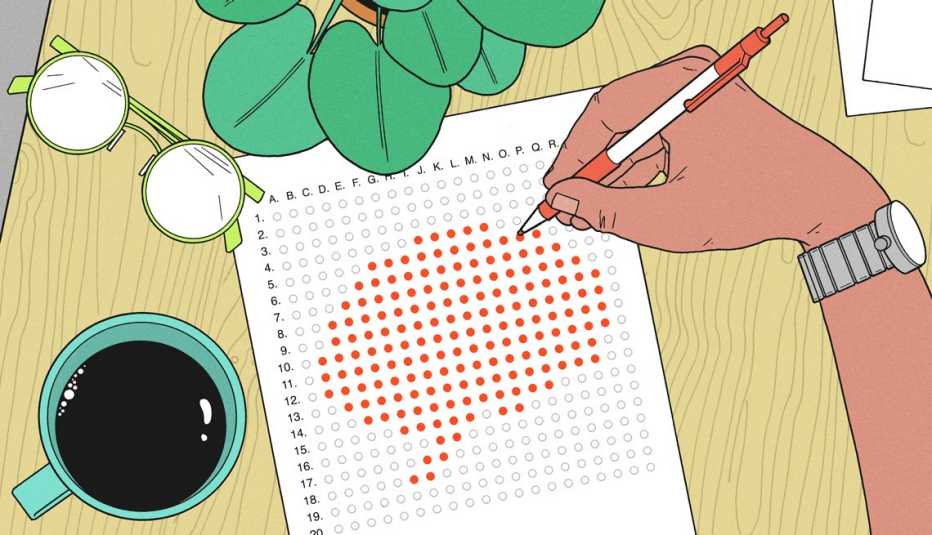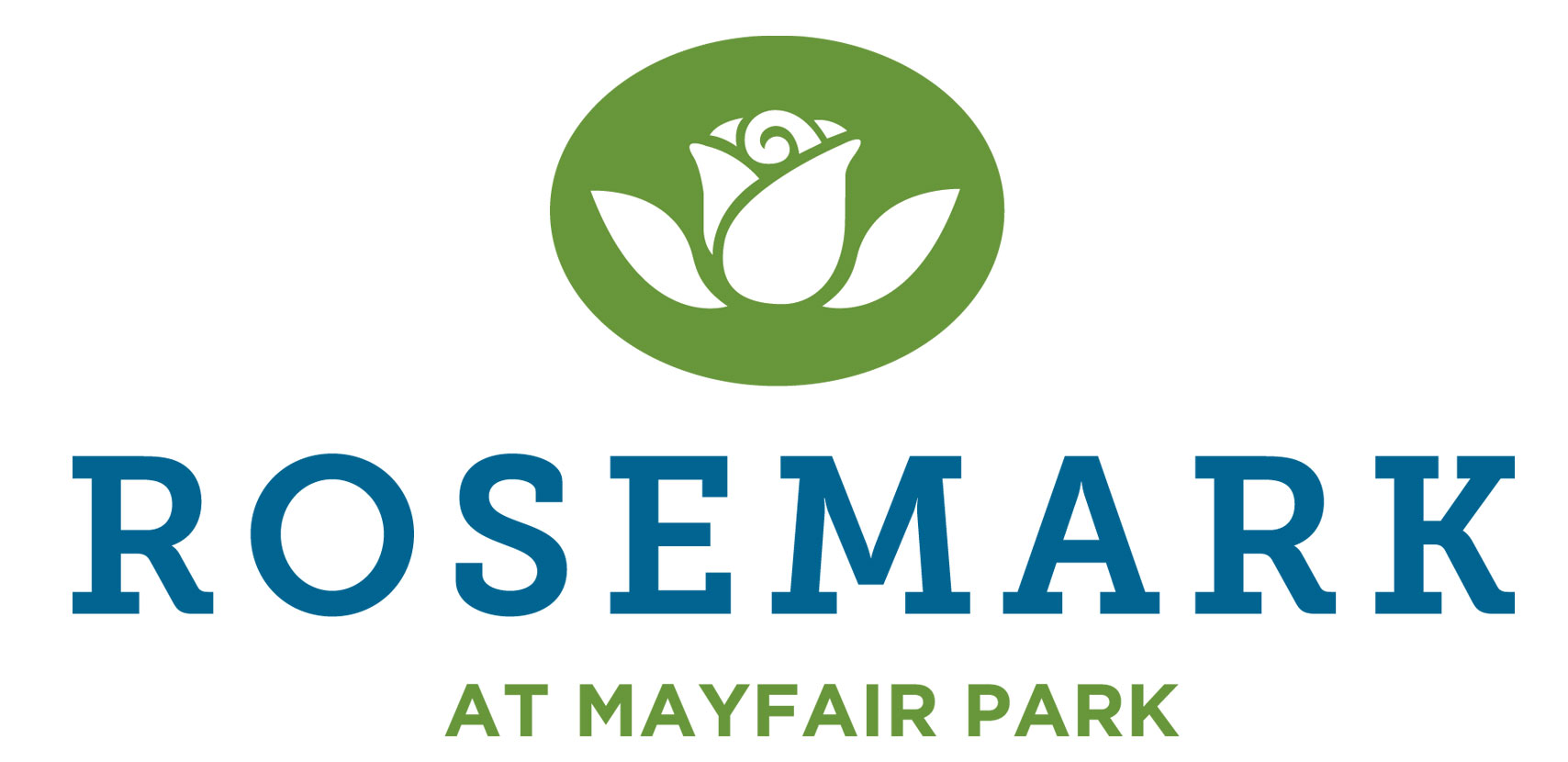Test Your Brain Fitness

What a simple battery of tasks can — and cannot — tell about cognition
Banana. Sunrise. Chair.
Read these three words aloud and commit them to memory. If you can recall them by the end of this article, then you’ve passed a standard test doctors use to check brain fitness.
While modern science has proven excellent at coming up with ways to test, measure and treat a huge range of illnesses, it continues to struggle to find a test or treatment for Alzheimer’s and other age-related brain disorders. But there’s one area of progress: We now have a series of tools that can roughly quantify just how well we’re holding up, mentally.
The four brain assessment tests most commonly used don’t measure intelligence or whether you are at peak mental performance. Rather, they test the lower end of your brain function, with the goal of pointing out early signs of impaired thinking or declining mental capabilities that need further scrutiny. They test skills like memory, spatial perception, attention and the ability to plan and make decisions — known as executive function — all of which can decline with age.
“If someone is concerned about their cognition or people close to them are concerned, then that person should have an evaluation,” says Soo Borson, M.D., professor of clinical family medicine at the University of Southern California.
Borson created the Mini-Cog, a widely used cognitive assessment that takes under three minutes to complete and involves just two tasks: a three-word recall and a clock drawing test. Other common cognitive assessment tests are MoCA and SAGE. XpressO, a digital version of MoCA, will be released this fall.
MoCA is the most rigorous of them all, and perhaps best suited for people with higher education levels. But it’s still a simple test, with just 30 questions, and it takes only about 15 minutes to complete. It is “by no means a sufficient measure of cognitive capacity for complex real-world tasks such as driving or leading a powerful nation,” says neurologist Hyun-Sik Yang, M.D., of Harvard Medical School.
And none of these tests can offer a diagnosis of Alzheimer’s or other impairments. But what they can do is establish a baseline of one’s cognitive functioning, which can then be tracked over time. A change in score could mean that more extensive testing, like brain scans or blood tests, is needed. Medication side effects, vitamin deficiencies and certain illnesses can also cause poor performance on cognitive tests. More thorough examinations rule those out.
Medicare covers cognitive testing as part of the annual wellness checkup for people 65 and older with Medicare Part B. But only 1 in 4 Medicare recipients typically take the test. Borson and others think these numbers will improve now that there are new drugs to treat dementia caused by Alzheimer’s disease.
To learn about seven common challenges found in these assessments, from AARP, CLICK HERE.
